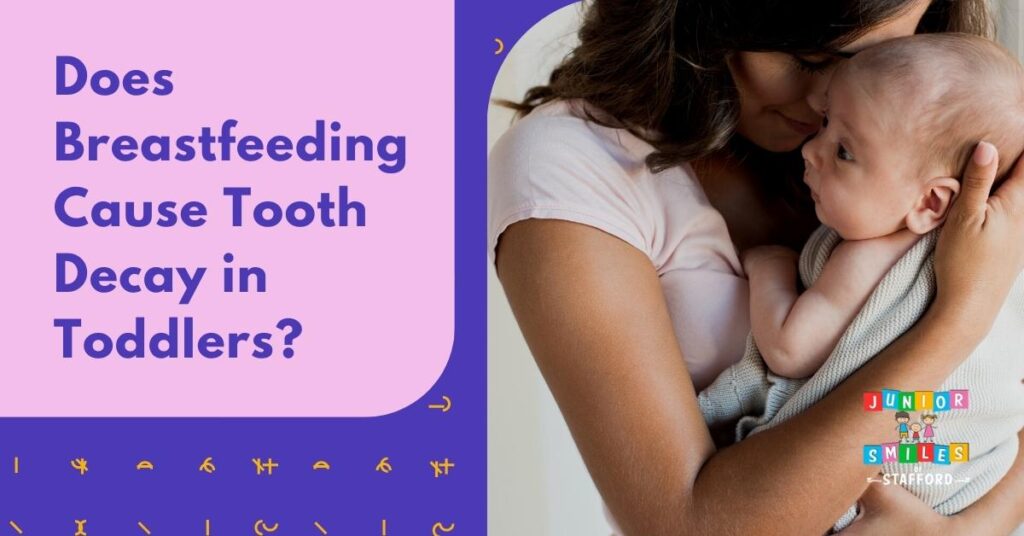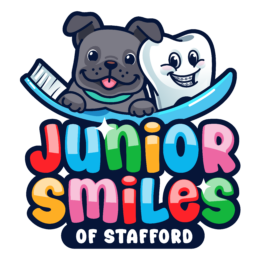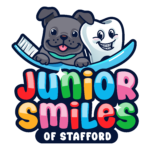Does Breastfeeding Cause Tooth Decay in Toddlers?

Breastfeeding is a vital aspect of nurturing a child, but it raises questions about dental health, particularly in toddlers. This article delves into the intriguing question whether breastfeeding cause tooth decay in toddlers. We’ll explore current research and expert opinions to shed light on this concern.
Understanding the connection between breastfeeding and dental health is crucial for parents seeking to balance the nutritional benefits of breastfeeding with the importance of maintaining their child’s oral hygiene. Join us as we navigate through this important topic, offering insights and guidance for parents of toddlers.
Benefits of Breastfeeding
From a holistic viewpoint, understanding the significance of breastfeeding becomes pivotal. Not only does breastfeeding fortify the mother-child bond, but it also significantly reduces the risk of various infections and illnesses. It is also the gateway to optimal nutrition for infants before the introduction of solid food. Breastfeeding practices foster better sleep routines for both parties involved, and there’s an interesting link between exclusive breastfeeding and the enhancement of expressive language in children. Weighing the benefits of breastfeeding against childhood feeding practices is crucial for families to make an informed decision.
Does Breastfeeding Toddlers Cause Tooth Decay?
Yes, breastfeeding toddlers can cause tooth decay. According to a study published in the National Library of Medicine, there is evidence suggesting a link between extended breastfeeding and an increased risk of dental caries (tooth decay) in children. The study highlights the importance of dental hygiene practices from an early age, even for breastfed children. It’s crucial for parents to be aware of this potential risk and take preventive measures to maintain their toddlers’ dental health.
What to Look Out For in Toddlers’ Teeth When Breastfeeding
As a mother breastfeeding a toddler, it’s essential to pay attention to your child’s dental health. Tooth decay, also known as dental caries or cavities, can manifest as white spots, discoloration, or visible damage to the teeth. It’s crucial to monitor your toddler’s teeth for any signs of decay, especially if they are breastfed.
How to Prevent Tooth Decay in Breastfeeding Toddlers
Preventing tooth decay in breastfeeding toddlers involves practicing good oral hygiene and making informed choices about breastfeeding habits. Here are some tips to help maintain your toddler’s dental health while breastfeeding:
Practice Good Oral Hygiene
As soon as your child’s first tooth emerges, it’s important to start brushing their teeth with a fluoride toothpaste. Encourage healthy dental habits by teaching your toddler to brush their teeth and tongue. Regular dental visits should also be scheduled to ensure proper tooth development and to catch any issues early.
Limit Sugary Foods and Drinks
Be mindful of your toddler’s diet and reduce their consumption of sugary foods and drinks. This can help prevent the development of cavities. Also, encourage drinking water over sugary beverages, especially between meals, to rinse any food particles and reduce sugar exposure.
Monitor Nighttime Feedings
If your toddler breastfeeds at night, consider wiping their gums with a clean, damp cloth after feeding to remove any residual milk sugars that can contribute to tooth decay. Gradually reducing nighttime feedings can also help minimize the risk of dental issues associated with prolonged exposure to milk sugars.
Consulting Pediatric Dentists for Expert Advice
If you have concerns about the impact of breastfeeding on your toddler’s dental health, it’s advisable to consult a pediatric dentist. Pediatric dentists specialize in providing dental care for infants, children, and adolescents. They can offer expert advice on maintaining good oral health while breastfeeding and address any specific concerns you may have about tooth decay.
Finding Resources and Support for Breastfeeding Mothers
As a breastfeeding mother, it’s essential to have access to resources and support to navigate any concerns about breastfeeding and dental health. Organizations such as the American Academy of Pediatrics (AAP) and the American Dental Association (ADA) provide valuable information and resources for breastfeeding mothers. These resources can offer guidance on breastfeeding practices and dental care for toddlers.
Read more: Gingivitis in Kids: Causes, Treatment and Prevention
FAQs
Can breastfeeding too long cause tooth decay?
The American Academy of Pediatric Dentistry (AAPD) states that breastfeeding alone does not cause severe early childhood caries (ECC), commonly known as tooth decay. However, prolonged and frequent exposure to breast milk, especially at night, can contribute to the development of cavities. It’s important to practice good oral hygiene and monitor your toddler’s dental health to prevent tooth decay.
Does nighttime breastfeeding cause tooth decay?
Nighttime breastfeeding can potentially contribute to tooth decay if proper oral hygiene is not maintained. The American Diabetes Association (ADA) recommends wiping your toddler’s gums with a clean, damp cloth after nighttime feedings to remove any residual milk sugars that can lead to cavities. Additionally, scheduling regular dental check-ups can help monitor and prevent tooth decay in breastfeeding toddlers.
Contact Junior Smiles of Stafford to learn more about breastfeeding and how it can affect your child’s dental health
To gain deeper insights into breastfeeding and its impact on your child’s dental health, it’s wise to consult with experts in the field. At Junior Smiles of Stafford, we specialize in pediatric dental care and are dedicated to providing comprehensive advice and treatment solutions. Our team is always ready to address any concerns or questions you might have regarding the prevention of decay in children’s teeth.
Don’t let uncertainties linger. Secure your child’s dental health with the right knowledge and professional support. Contact us to learn more and set the foundation for a lifetime of healthy smiles.

